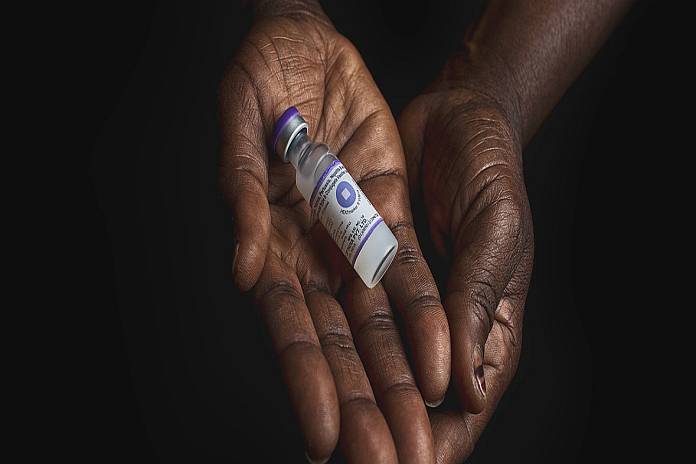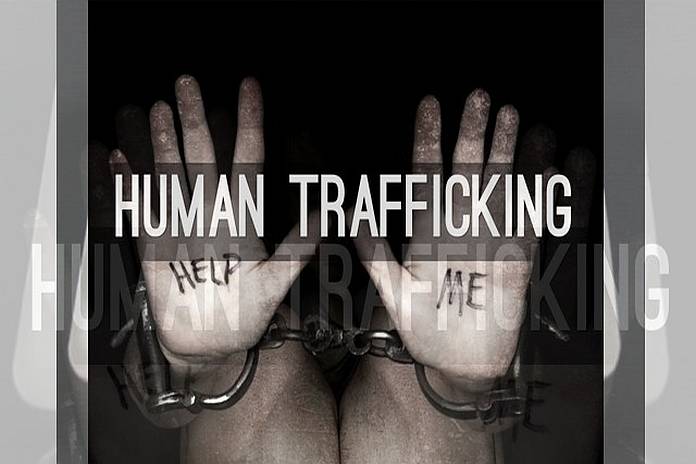
actively protect people from multiple diseases, including hepatitis B. (9 March 2018) UNICEF/Ilvy Njiokiktjien
GENEVA, Switzerland – A new study by World Health Organisation (WHO), published on Friday in Lancet Global Health, found that investing $6 billion per year in eliminating hepatitis in 67 low – and middle-income countries would avert 4.5 million premature deaths by 2030 and more than 26 million deaths beyond that target date.
A total of $58.7 billion is needed to eliminate viral hepatitis as a public health threat in these 67 countries by 2030. This means reducing new hepatitis infections by 90 percent and deaths by 65 percent.
“Today 80 percent of people living with hepatitis can’t get the services they need to prevent, test for and treat the disease,” said WHO Director-General Dr Tedros Adhanom Ghebreyesus.
“On World Hepatitis Day, we’re calling for bold political leadership, with investments to match. We call on all countries to integrate services for hepatitis into benefit packages as part of their journey towards universal health coverage,” said the top UN health official.
By investing in diagnostic tests and medicines for treating hepatitis B and C now, countries can save lives and reduce costs related to the long-term care of cirrhosis and liver cancer that result from…






